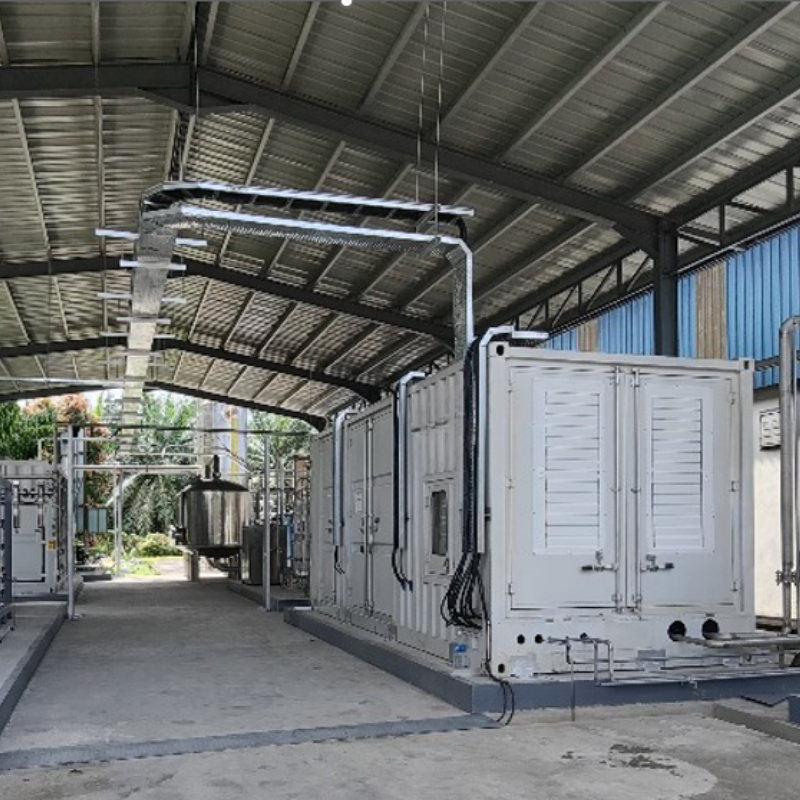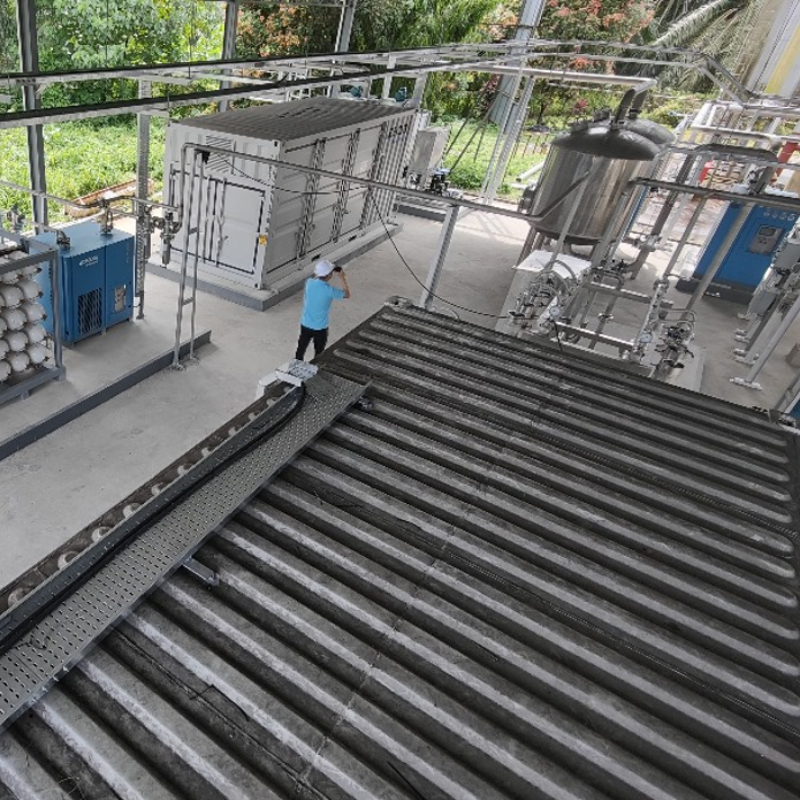The Growing Need for Sustainable Energy
Global demand for cleaner and more sustainable energy sources is rising rapidly. Traditional fossil fuels are not only finite but also contribute heavily to greenhouse gas (GHG) emissions. At the same time, organic waste from agriculture, landfills, and wastewater facilities continues to grow, often releasing methane directly into the atmosphere. The challenge is clear: how can industries transform this problem into a sustainable energy solution?

What is Renewable Natural Gas (RNG)?
Renewable Natural Gas, also known as biomethane, is a pipeline-quality gas produced by upgrading biogas. Biogas itself is generated through the anaerobic digestion of organic materials such as food waste, livestock manure, and wastewater sludge.
Once cleaned and processed, RNG can be used interchangeably with conventional natural gas—powering industrial processes, heating systems, and even vehicles.
Why RNG Matters
– Carbon Reduction – Capturing methane from waste prevents one of the most potent greenhouse gases from entering the atmosphere.
– Energy Security – RNG provides a reliable and local energy source, reducing dependence on imported fossil fuels.
– Circular Economy – It transforms agricultural and municipal waste into valuable energy, closing the loop on resource use.
– Scalability – RNG can be blended into existing natural gas infrastructure with minimal modifications.


Applications Across Industries
– Utilities: Injection of RNG into the natural gas grid for widespread distribution.
– Transportation: RNG as a clean fuel alternative for buses, trucks, and fleets, offering lower lifecycle emissions.
– Industrial: Reliable energy for manufacturing, replacing or supplementing conventional natural gas.
– Agriculture: Farmers gain revenue by supplying waste for digestion, while reducing odor and environmental impact.
Challenges and Considerations
Despite its potential, RNG development faces several challenges:
– High Initial Costs: RNG projects need large upfront investments in technology and infrastructure, which can discourage new developer
– Policy Support: Clear government policies and incentives are essential to encourage investment and adoption of RNG.
– Standardization: Without consistent technical and quality standards, RNG production and integration into energy systems can be challenging.


The Future of RNG Systems
As the world pushes toward net-zero targets, RNG is emerging as a critical solution for reducing emissions while making use of existing infrastructure. By turning waste into energy, RNG aligns with sustainability goals and strengthens energy resilience for communities and industries alike.
Need Help?
At Ener Tech, we provide expert support for Renewable Natural Gas (RNG) systems, from design and integration to safety assurance. Our solutions help industries transform organic waste into reliable, clean energy.
Learn more at https://enertech.com.my/contact.

